On May 9th, the rally culminated with a highly impactful town hall meeting where leaders came together to discuss strategies to address the prostate cancer crisis within their communities. The hybrid town hall meeting was hosted at Pfizer’s headquarters in New York City and online via Zoom. It featured a unique panel of 21 experts across church, government, industry, advocacy, and medical communities. The meeting was kicked-off with remarks from PHEN’s President and Founder Thomas Farrington and Pfizer’s Global Oncology President Suneet Varma.
Quotes from the Meeting
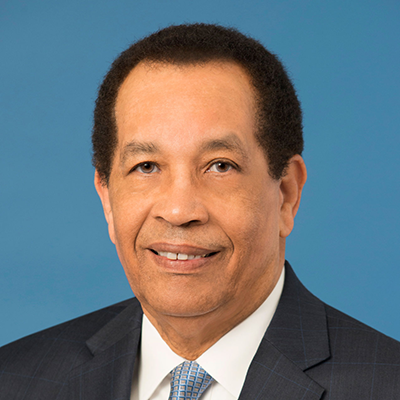
Thomas A. Farrington, PHEN Founder and President
“Our mission as an organization is to eliminate the prostate cancer racial disparity. That is something that we can’t do by ourselves. It takes a real team effort. Part of our effort towards eliminating the disparity is to bring together leaders and patients from around the country. That is what our Prostate Cancer Disparity Rally is about.”
Thomas A. Farrington, PHEN Founder and President
Pfizer’s Global Oncology and US President Suneet Varma:
“Prostate cancer is the second largest cancer amongst men worldwide. It is the fifth largest killer of men from all causes in the world. Only one-third of men once diagnosed have a five-year survival rate. The rate of death amongst Black men is more than twice that of White men. That speaks to us very clearly about the challenge in front of us. At Pfizer, under our value of equity, we specifically focus on reducing healthcare disparities. It is an explicit and published commitment of the company.”
Suneet Varma, Global Oncology & US President, Pfizer
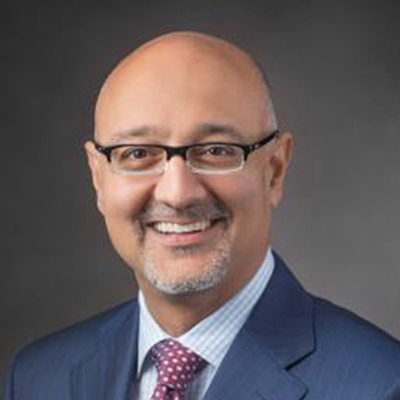
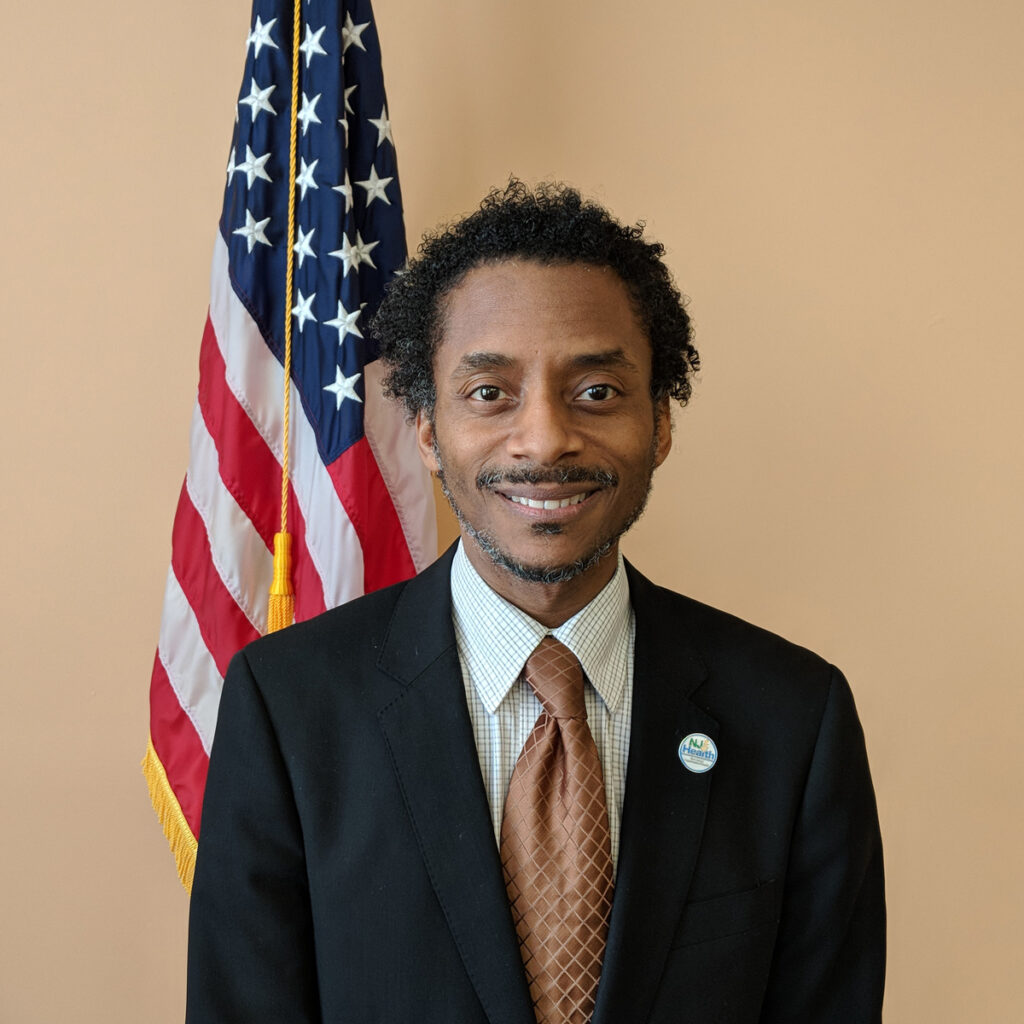
NJ Department of Health Commissioner Nashon Hornsby:
“In New Jersey, our governor has allowed for significant contributions toward prostate cancer in funding from our state budget. We have about $10 million per year that allows us to not only screen for breast and cervical cancers but also screen for prostate cancer. We provide free screenings for any individual who is uninsured and under 250 percent of the federal poverty level. We educate the public [and] make sure that people understand there is coverage through the Medicaid program for this screening.”
Mr. Nashon Hornsby, Assistant Commissioner, NJ Dept. of Health
Dr. Edith Mitchell, Enterprise Vice President of Cancer Disparities at Sidney Kimmel Cancer Center:
“In Philadelphia at the Enon Tabernacle Baptist Church, we collaborated and worked together with Reverend Waller and his assistant ministers. We also work with Jefferson and others to make sure we are not only talking the talk, but we are walking the walk. One day, we provided blood draws to approximately 300 volunteers. We ran those samples and 29 percent of all volunteers had elevated PSAs.”
Dr. Edith Mitchell, Enterprise VP of Cancer Disparities at Sidney Kimmel Cancer Center
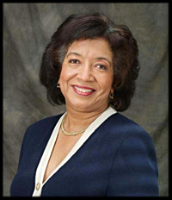
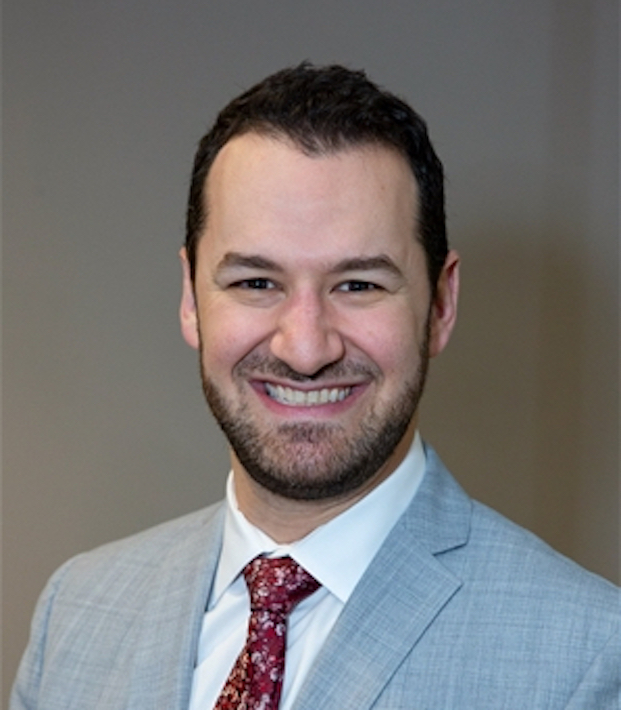
Urological Oncologist Dr. Evan Kovac:
“In Newark, we’ve taken a real grass-roots approach to prostate cancer. About a year and a half ago, we started with screening and making screening awareness a priority. We made decision aid a priority for minority men, so they can access [information] in several languages. Then, we talked about how to provide equity in terms of cancer outcomes. In order to provide that, we need equality of access through screening, diagnostics, and treatments. We made it a priority to offer state-of-the-art diagnostics and treatments.”
Evan Kovac, MD, CR, FRCS, Urologic Oncologist, Rutgers Cancer Institute
Former Congressman Edolphus Towns
“I’m so excited about the faith-based community because that’s the place where a lot of our brothers come and need to hear this message. We need to keep repeating it and letting them know how important it is. I say that from the position of a prostate cancer survivor.”
“There’s another area that we might want to look seriously at – athletes and retired athletes. We need to reach out to them and see if we can get them involved in this fight. They can make a difference in terms of getting the message out.”
Former Congressman Edolphus Towns (NY-D10)
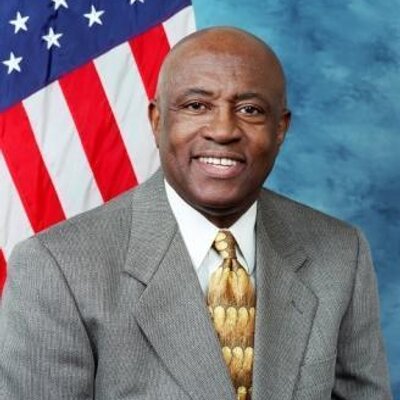
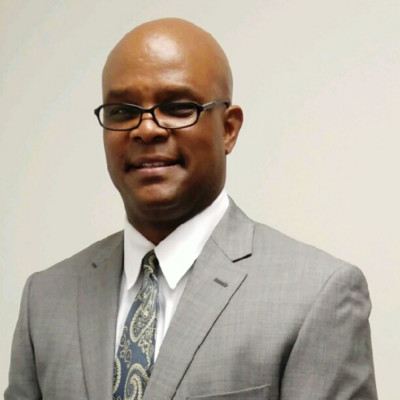
American Cancer Society’s Director of Federal Relations James Williams
“One of the biggest challenges for getting prostate cancer screening is the co-pay. For many individuals, especially low-income individuals, a co-pay is the difference between life and death, in terms of getting screened. What we also know is that, when prostate cancer is caught early, it is 95 percent curable. The Prostate-Specific Antigen Screening for High-Risk Insured Men Act eliminates copays for individuals who are either African American or at high risk of developing [prostate] cancer.”
Mr. James Williams, American Cancer Society’s Director of Federal Relations
Rev. Darrell L. Armstrong, Senior Pastor, Shiloh Baptist Church:
“There’s some aspect in which the community, the state, and faith-based institutions need to co-exist. We know it in our church in Trenton. When medical professionals do their work Mondays through Fridays, I often say we see folk on Fridays, Saturdays, and Sundays. We can complement and follow up to make a difference. Faith-based leaders are trusted individuals.”
“We were very proud to operate for about 10 years the New Jersey Cancer, Education, Early Detection grant. That grant provided opportunities for breast cancer and prostate cancer awareness.”
Rev. Darrell Armstrong, Senior Pastor, Shiloh Baptist Church, Trenton, NJ
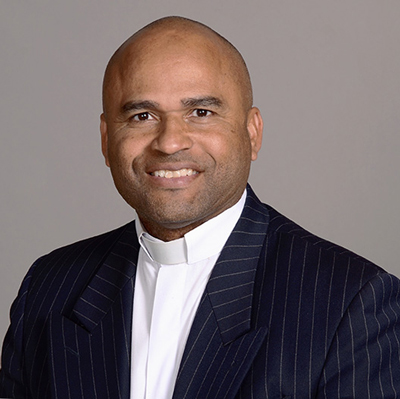
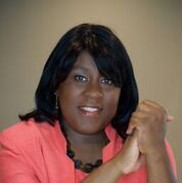
Rev. Dr. Natalie Mitchem, Senior Pastor, Calvary AME Church:
“We have participated annually in Prostate Cancer Awareness Month with PHEN and the Father’s Day Rallies. PHEN has provided a wealth of information for our churches and I think that is a key aspect in continuing to move forward.”
“We do play a role in public health awareness. When we have [these events], we like to approach it from a holistic approach. That means making sure we also serve those healthy meals. We want to be a trusted messenger including talking about healthy food, exercising, getting plenty of sleep, and managing stress. We’re sharing that they should be a part of clinical trials and that they should be going to regular doctors’ appointments.”
Rev. Dr. Natlie Mitchem, Ed.D, MDiv, Senior Pastor, Calvary AME Church
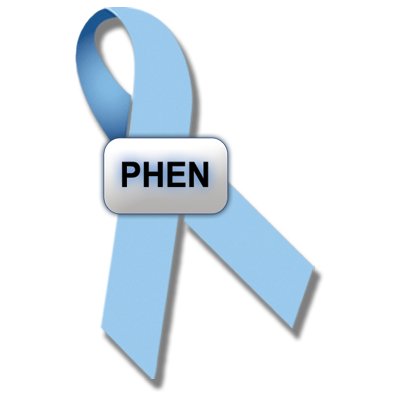
Leave a Reply